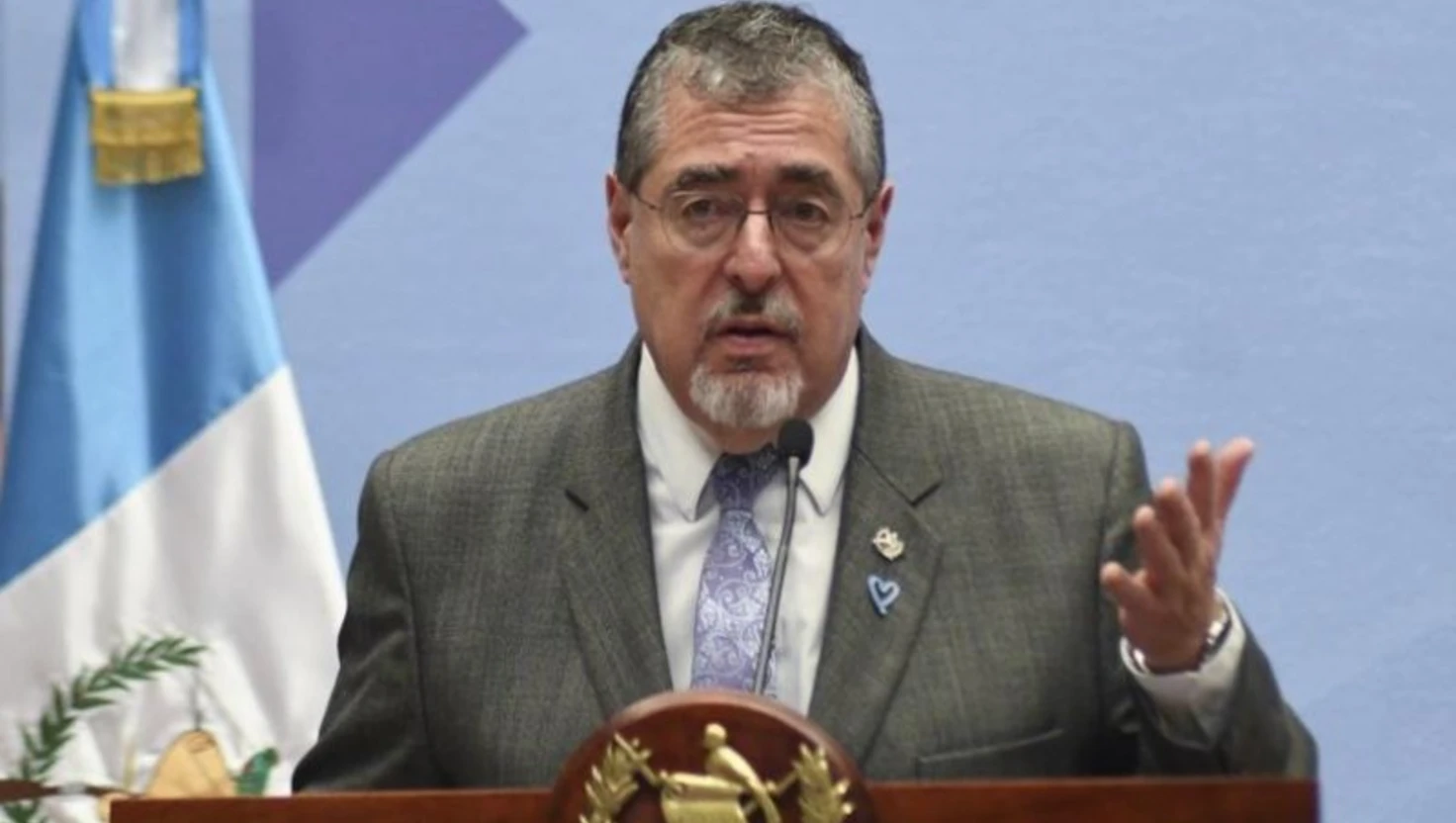AML Bitcoin founder Sentenced to 7 Years for Money Laundering

AML Bitcoin founder Sentenced to 7 Years for Money Laundering
US cryptocurrency founder Rowland Marcus Andrade sentenced to seven years for defrauding investors in AML Bitcoin scheme and laundering over $2 million.
AML Bitcoin CEO sentenced to seven years for fraud and money laundering
The founder of a cryptocurrency project called AML Bitcoin has been sentenced to seven years in federal prison in the United States, after authorities found he defrauded investors out of nearly $10 million and laundered millions for personal use.
Rowland Marcus Andrade, chief executive of the NAC Foundation, was convicted of wire fraud and money laundering charges following a US Department of Justice investigation that revealed he misled investors between 2014 and 2019. He is due to begin serving his sentence on 31 October 2025.
Fabricated claims and lavish spending
According to prosecutors, Andrade promoted AML Bitcoin as a cutting-edge digital currency that offered superior security features and regulatory compliance. He claimed the cryptocurrency was near launch and had secured high-profile partnerships—including one with the Panama Canal Authority—none of which were true.
“The defendant made one false claim after another about a sophisticated cryptocurrency offering to create the illusion of a legitimate business,” said US Attorney Craig H. Missakian.
Authorities found that Andrade used more than $2 million in investor funds to finance his personal lifestyle, purchasing two properties in Texas and two luxury cars. A court-ordered hearing scheduled for 16 September 2025 will determine how much Andrade must repay to victims and what assets may be forfeited.
Chief Judge Richard Seeborg has also mandated a three-year period of supervised release following Andrade’s prison term.
FBI pledges crackdown on financial crimes
FBI Special Agent in Charge Sanjay Virmani, whose office contributed to the investigation, described Andrade’s actions as a betrayal of investor trust. “Rowland Marcus Andrade promised innovation but delivered deception,” he said, reaffirming the agency’s commitment to tackling financial crimes in emerging sectors like cryptocurrency.
The NAC Foundation, the company through which AML Bitcoin was marketed, is believed to have ceased operations. Andrade was the central figure behind the project’s public communications and fundraising campaigns.
Broader concerns over crypto security
The sentencing comes amid growing global concern over fraud and cybercrime within the cryptocurrency sector. Blockchain security firm CertiK recently reported that over $2.2 billion was lost to hacks, scams and breaches in the first half of 2025 alone.
The report attributed $1.7 billion of those losses to just 34 incidents of wallet breaches, while phishing attacks accounted for over $410 million across more than 130 incidents. Two high-profile events—the February hacking of crypto exchange Bybit, resulting in a $1.5 billion loss, and the May exploitation of Cetus Protocol—accounted for the bulk of losses.
Ethereum, the second-largest cryptocurrency by market capitalisation, was the most frequent target, with losses exceeding $1.6 billion across 175 separate events.
CertiK has urged users to adopt stronger security measures, including verifying links, avoiding suspicious websites and using hardware wallets, as the sophistication of phishing and social engineering schemes continues to increase.
Crypto regulation and investor protection under scrutiny
The AML Bitcoin case underscores persistent challenges in regulating the cryptocurrency space and protecting retail investors. While blockchain technologies are hailed for their decentralised and transparent nature, critics point to the ease with which bad actors can exploit hype and limited oversight.
The US Securities and Exchange Commission (SEC) and other financial regulators have stepped up enforcement in recent years, targeting deceptive initial coin offerings (ICOs), unregistered securities sales, and fraudulent crypto lending schemes.
As cases like Andrade’s continue to emerge, legal experts and investor advocacy groups are calling for clearer regulatory frameworks and improved due diligence requirements for crypto-related fundraising.
The Department of Justice has reiterated its focus on prosecuting fraud in digital asset markets. In a recent statement, officials warned that innovation in financial technology would not excuse deceptive conduct or shield offenders from criminal liability.
With Andrade now sentenced and restitution proceedings pending, authorities hope the case will serve as a warning to other would-be fraudsters—and a reminder to investors to remain vigilant in an increasingly complex financial landscape.

Guatemala modernizing money laundering laws to avoid international sanctions
Guatemala's government has proposed new legislation to modernize money laundering laws and prevent international financial sanctions.
| 2025-08-01

Turkish Crypto Platform ICRYPEX Under Investigation for Money Laundering
Assets of Turkish cryptocurrency platform ICRYPEX seized in money laundering investigation, involving owner Gökalp Içer, according to official reports.
| 2025-08-01

Italy seizes €486 000 in investigation into money laundering
The European Public Prosecutor’s Office has seized €486,000 in Italy amid a probe into suspected fraud and money laundering involving EU recovery funds.
| 2025-07-31

UK Sounds Alarm on New Money Laundering and Terrorist Financing Threats
The UK's 2025 money laundering risk assessment reveals growing threats from property, cryptocurrencies, and alternative payment systems, urging urgent reforms.
| 2025-07-31

Swiss and French Authorities probing HSBC on Money Laundering
HSBC faces a money laundering investigation while reporting a significant profit drop in its latest financial results.
| 2025-07-31



